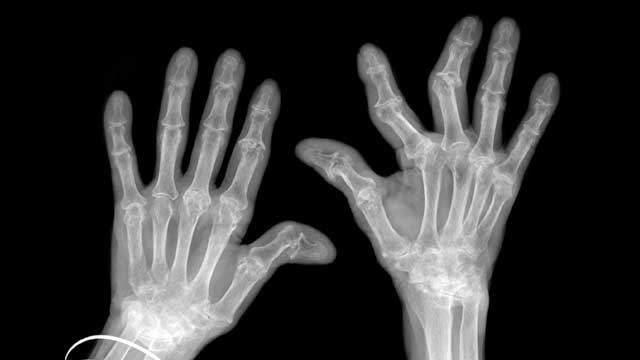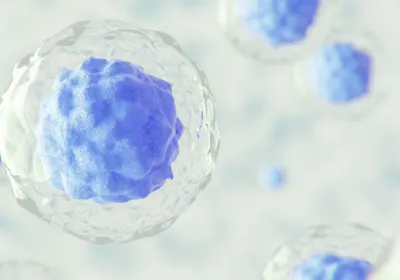 © ISTOCK.COM/WILLSIE
© ISTOCK.COM/WILLSIE
Generations of in-depth research into human anatomy, histology, and basic physiology have largely explained the physical manifestations of diseases affecting nearly every organ of the body. From cardiology to gastroenterology and pulmonology, form implies function. It is no mystery, for example, why a blood clot between the heart and lungs causes shortness of breath, problems with oxygenation, and strain on the muscles of the heart.
Yet there remains an entire class of illnesses that present systemically, do not respect the boundaries of organ systems, and wreak havoc on quality of life and longevity. And we still have little idea of what starts the vicious cascade in the first place. This category of maladies is called autoimmune disease, and it is our fundamental lack of knowledge ...






















